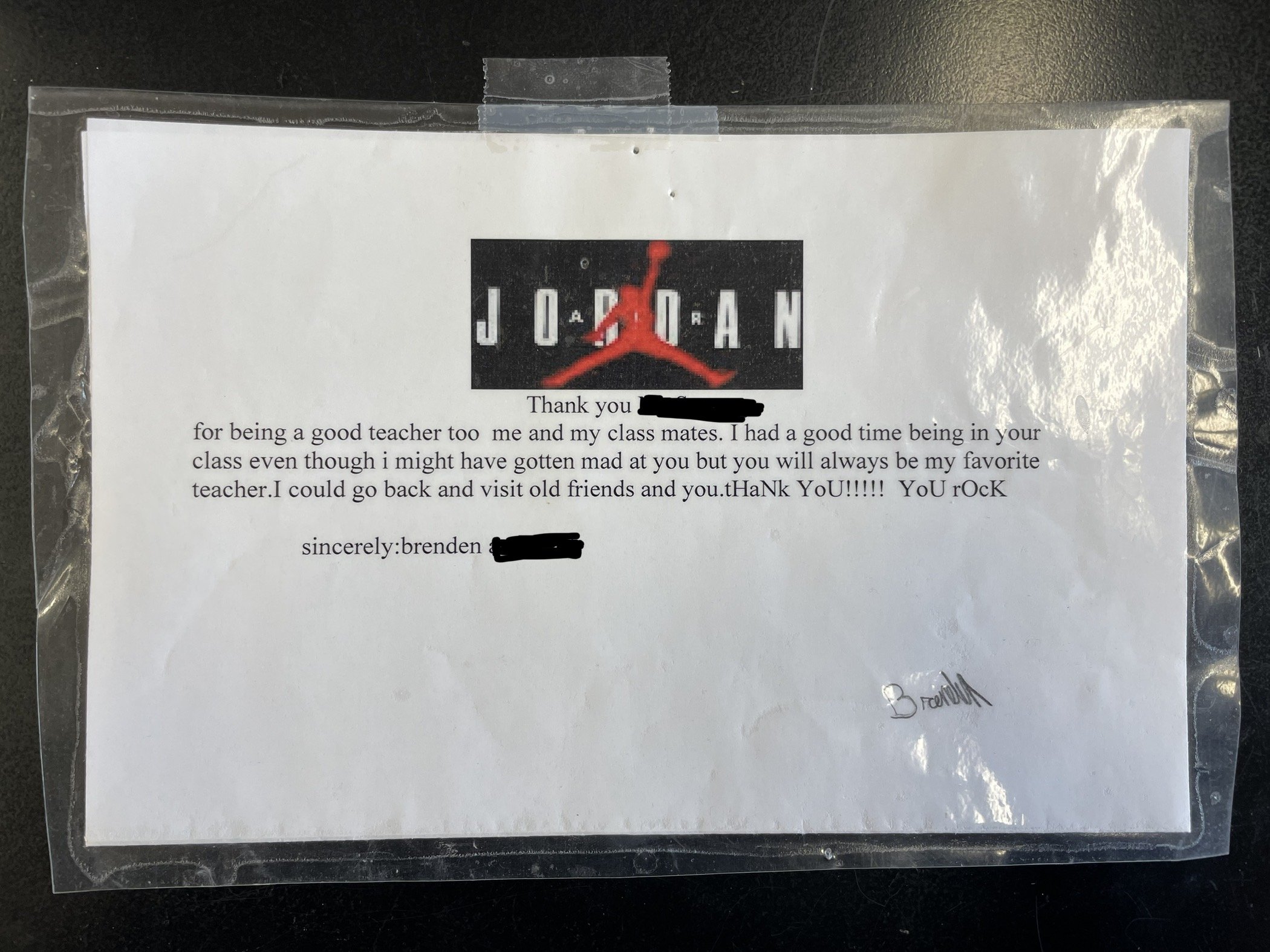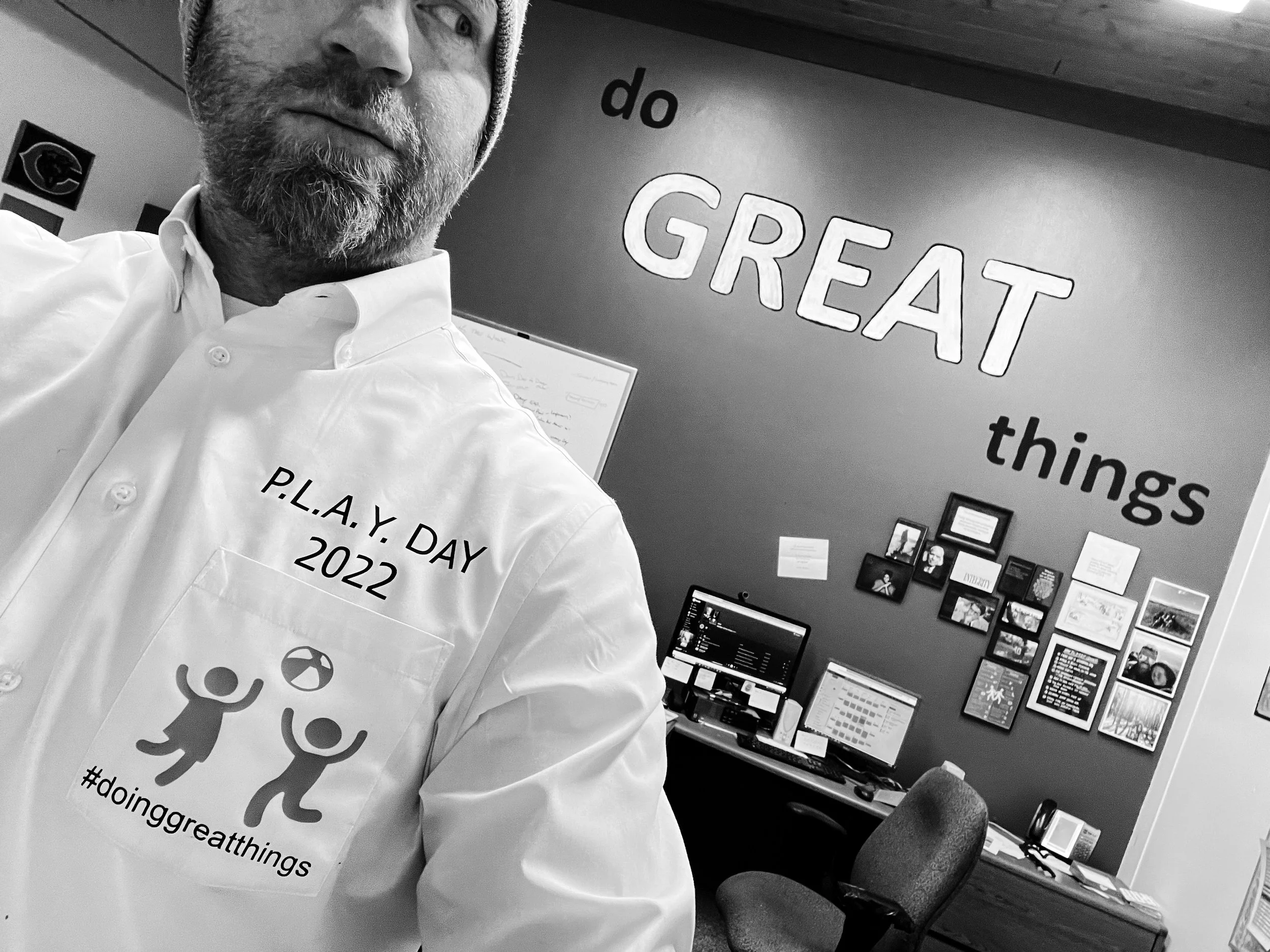“This is my favorite time of year,” one of my teachers recently told me, “because it’s when you really begin to see the growth and development of students, and that is so rewarding!”
Typically, the days between January through mid March are considered the doldrums of education. There are very few major holidays to celebrate which in turn means very few days off, parties, and “things to look forward to.” There’s just time.
Which, if embraced, can make it the most productive and most memorable time of the year! But only if we are intentional, like a good road trip, and take advantage of those “drive-through states.”
My family loves road trips. And each summer, on our way to some far-off destination, we have a stretch of time where very little is accomplished but wracking up the miles. We start early and drive late, stop as little as possible, crank up the music, and talk. We spend time together. And after years of this routine, with a bucket full of memories and destinations reached, what we think about and miss the most on any given day is the time spent in the car.
Our schools and classrooms should be no different.
As our students look towards the next destination of spring, spring break, and the coming summer, take advantage of these “drive-through school days” by digging in and covering ground. Of your content for sure, but also of your students, your staff.
On Instruction:
When it comes to instruction, embrace the long road ahead. Consistency builds routines, and with it comes the opportunity to push a little harder and go a little further. Like those long stretches of road without stop lights, rest stops, or distractions, where we can set the cruise to 75, 80, and at times even 85 (because there is nothing to brake for), so too can our attention to instruction be.
Once we’ve reestablished the expectations of our classrooms, we can up our game a bit, push a little harder, and travel a little further. We can cover ground! And I don’t know about you, but when I arrive at my destination several minutes before the GPS’s “estimated time of arrival,” I feel like I’ve won the Daytona 500. My kids do too because arriving early means an opportunity to explore the campground or jump in the lake. It means time to play.
Cannot our schools and classrooms do the same? Can we not take advantage of routines, amp up our cruise control, and cover ground?
Then, when we arrive at our destination early, can we not provide opportunities for our students - and ourselves - to explore? To play?
On Relationships:
On our road trips, the “drive-through states” also provide us a unique opportunity to be with our kids. The seating arrangement becomes a musical chairs of sorts, allowing various combinations of conversations and activities. Sometimes, thought, we sit in silence. At other times we blare music, with each kiddo and parent taking their turn choosing a song. At all times, however, we are together. And often times, it is these days, with nothing going on and no adventure to explore that we love and miss the most.
For our schools, our classrooms, these days are no different.
There’s a podcast I listen to called, The Second Question and it’s host, Martin Silverman, is a principal in Texas. He ends each episode by asking his guest who their most inspirational teacher was. And almost systematically, the answer will sound something like this: “I don’t remember anything they taught me, but what I do remember . . .” And then they will speak - in detail - about a moment where the teacher invested in them, took notice of them, and spoke into their lives. These moments, as far as I can tell, never occur during a Christmas concert or holiday party. They occur during normal and unnoteworthy days, where “nothing is going on.” Nothing except teachers showing up, being intentional about their time, and investing in their students.
These coming “drive-through school days” are the days you will see your students and staff most consistently, with minimal interruptions. Are you taking advantage of it? Are you showing up with intentionality and purpose?
Because how we spend these days determines how we arrive at our final destination.
We take pictures of monumental occasions, post them on our Instagram, and hang them on our walls. But it the journey, the unique moments and unplanned events and conversations along the way that we end up talking about around campfires and remembering most in the years that follow. It is the routine of showing up and being present, day-after-day, that connects us with those around us, that inspires change, and impacts lives. It is the journey, not the destination, that matters most.
How are you spending your time with your drive-through days?
For more on . . .
-N- Stuff : Humanity : Friday Thoughts














